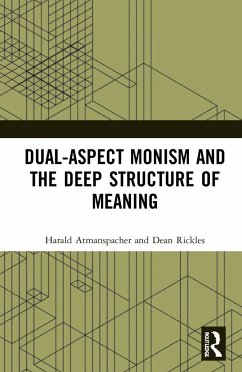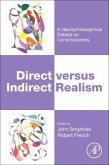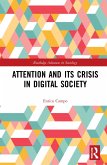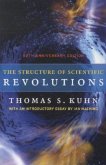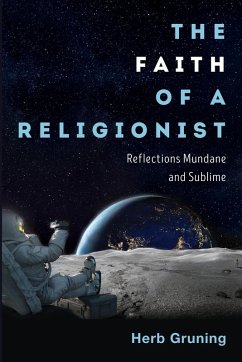Dual-Aspect Monism and the Deep Structure of Meaning investigates the metaphysical position of dual-aspect monism, with particular emphasis on the concept of meaning as a fundamental feature of the fabric of reality. As an alternative to other positions - mainly dualism, physicalism, idealism - that have been proposed to understand consciousness and its place in nature, the decompositional version of dual-aspect monism considers the mental and the physical as two aspects of one underlying undivided reality that is psychophysically neutral. Inspired by analogies with modern physics and driven by its conceptual problems, Wolfgang Pauli, Carl Gustav Jung, Arthur Eddington, John Wheeler, David Bohm, and Basil Hiley are the originators of the approaches studied. A radically novel common theme in their approaches is the constitutive role of meaning and its deep structure, relating the mental and the physical to a psychophysically neutral base.The authors reconstruct the formal structure of these approaches, and compare their conceptual emphases as well as their relative strengths and weaknesses. They also address a number of challenging themes for current and future interdisciplinary research, both theoretical and empirical, that arise from the presented frameworks of thinking.
Dual-Aspect Monism and the Deep Structure of Meaning will be of interest to researchers and advanced students working in consciousness studies, philosophy of mind, philosophy of science, philosophy of physics, metaphysics, and the history of 20th-century philosophy and physics.
Dual-Aspect Monism and the Deep Structure of Meaning will be of interest to researchers and advanced students working in consciousness studies, philosophy of mind, philosophy of science, philosophy of physics, metaphysics, and the history of 20th-century philosophy and physics.
"In summary, the present book is well-written and provides a fascinating philosophical alternative to the usual suspects from metaphysics . . . It is recommended to those who feel that the problem of understanding mind and consciousness has something to do with the fundamental nature of reality itself. Its emphasis on the role of meaning in grounding this reality is novel and makes for a refreshing read."
Robert Prentner, Journal of Consciousness Studies
"The core argument of the book comes across clearly enough, the argument is of great philosophical and cultural importance, and the detailed discussions amply repay study. Also, this book is, to my mind, one of the most illuminating works yet published for understanding the philosophical underpinnings of Jung's thought and its potential contributions to our current cultural situation."
Roderick Main, Journal of Analytical Psychology
"We have in this book a remarkable argument for the centrality of meaning in the workings of the world taken as a whole . . . While remaining grounded in careful analysis and a profound grasp of the argument's scientific, philosophical, and psychological foundations, there is an almost mystical dimension as well . . . Atmanspacher and Rickles challenge analytical psychology and modern physics to a rich dialogue going forward."
George B. Hogenson, International Journal of Jungian Studies
Robert Prentner, Journal of Consciousness Studies
"The core argument of the book comes across clearly enough, the argument is of great philosophical and cultural importance, and the detailed discussions amply repay study. Also, this book is, to my mind, one of the most illuminating works yet published for understanding the philosophical underpinnings of Jung's thought and its potential contributions to our current cultural situation."
Roderick Main, Journal of Analytical Psychology
"We have in this book a remarkable argument for the centrality of meaning in the workings of the world taken as a whole . . . While remaining grounded in careful analysis and a profound grasp of the argument's scientific, philosophical, and psychological foundations, there is an almost mystical dimension as well . . . Atmanspacher and Rickles challenge analytical psychology and modern physics to a rich dialogue going forward."
George B. Hogenson, International Journal of Jungian Studies

